Myanmar’s police file charges against Suu Kyi
Myanmar’s police have filed charges against the overthrown de-facto leader Aung San Suu Kyi and sought her detention until mid-February for investigation in the wake of a recent military coup.
The 75-year-old was charged on Wednesday for illegally importing communications equipment.
Security forces claimed walkie-talkie radios had been found in a search of her home in the capital Naypyidaw.
Police also filed a request with a court asking Suu Kyi’s detention “in order to question witnesses, request evidence and seek legal counsel after questioning the defendant.”
The notorious import-export act was always used under the former military regime to imprison political prisoners.
Separately, police filed charges against ousted President Win Myint for offences under the Disaster Management Law.
Suu Kyi’s National League for Democracy (NLD) party said its offices had been raided in several regions.
Army chief Min Aung Hlaing seized power in the early hours of February 1, alleging fraud in the November 8 election, which the NLD won in a landslide.
People in Myanmar’s largest city, Yangon, say they would display opposition to the coup by banging pans on Wednesday night. People all across the country were expected to join in on balconies as part of a campaign of civil disobedience urged by Suu Kyi.
Meanwhile, foreign ministers from the Group of Seven (G7) major industrialized countries on Wednesday expressed deep concern about the coup.
In a joint statement, the foreign ministers of Canada, France, Germany, Italy, and Japan, as well as Britain’s foreign secretary and the US secretary of state, plus the high representative of the European Union for foreign policy censured the coup.
“We are deeply concerned by the detention of political leaders and civil society activists, including State Counsellor Aung San Suu Kyi and President Win Myint, and targeting of the media,” the statement read.
“We call upon the military to immediately end the state of emergency, restore power to the democratically-elected government, to release all those unjustly detained and to respect human rights and the rule of law.”
The military accuses NLD of massive voter fraud in the 2020 elections.
Myanmar was ruled by the military until 2011, when Suu Kyi ended the junta rule and introduced what were presented as reforms.
Her party, however, cultivated close relations with the military from the beginning of its activity and formed an alliance with senior military officers.
Suu Kyi, who won a Nobel Peace Prize for her resistance against the military and was held under house arrest for 15 years, faces international scrutiny for her support later for a military crackdown against the Rohingya Muslim people in the western state of Rakhine.
She defended the military atrocities against the Rohingya at the United Nations’ top court in The Hague in December 2019.
Make ‘right decision’ or face more US pressure, Rubio tells Venezuela’s Rodriguez
VIDEO | General Soleimani honored in Kashmir, Kargil
US, Israel waging ‘soft warfare’ to destabilize Iran after June defeat: Top general
VIDEO | Hundreds brave wind and cold to show solidarity with Gaza in Berlin
Israel kills more Palestinian civilians in Gaza amid ceasefire violations
VIDEO | Paris protest condemns US aggression against Venezuela
Pope Leo says Venezuela must remain an independent country
VIDEO | Germans condemn US aggression against Venezuela





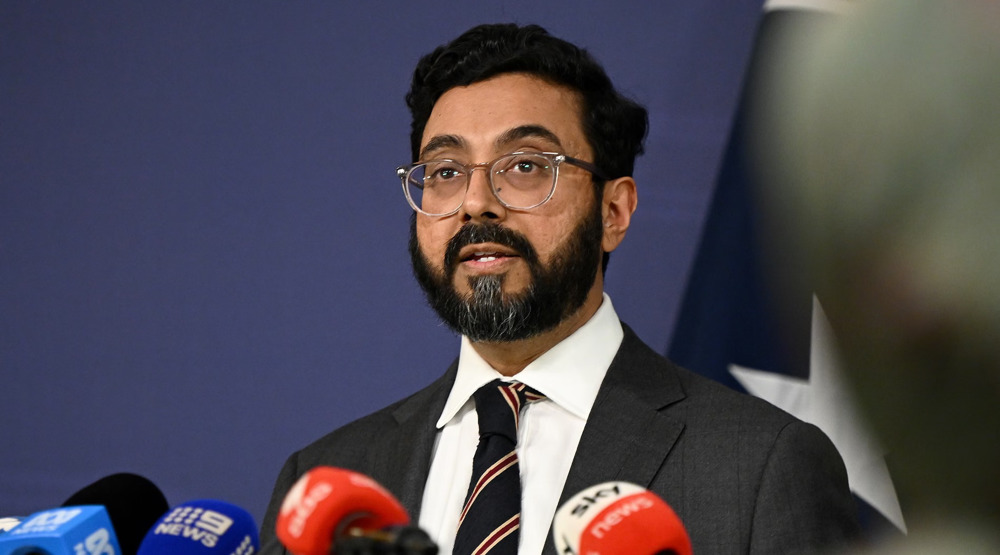
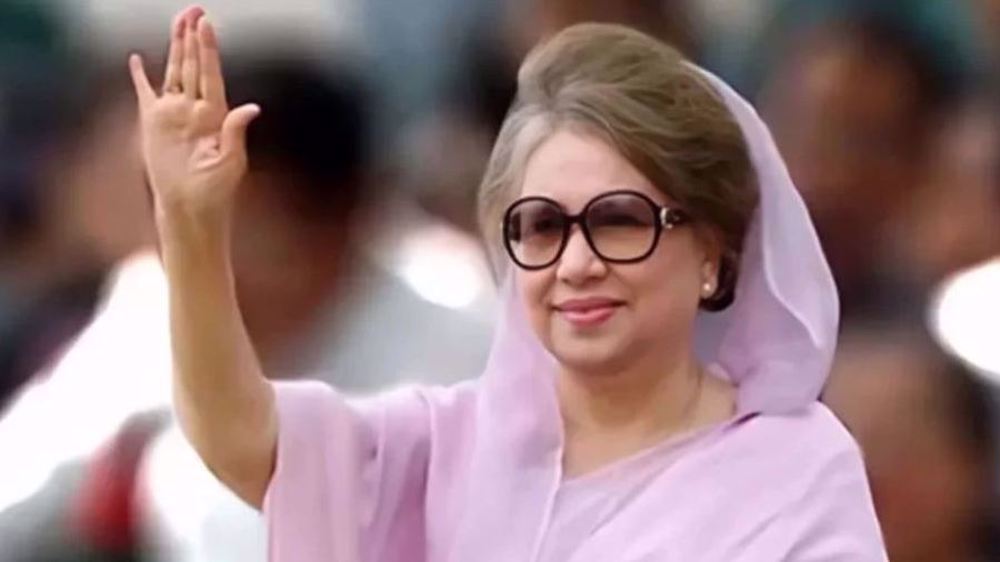
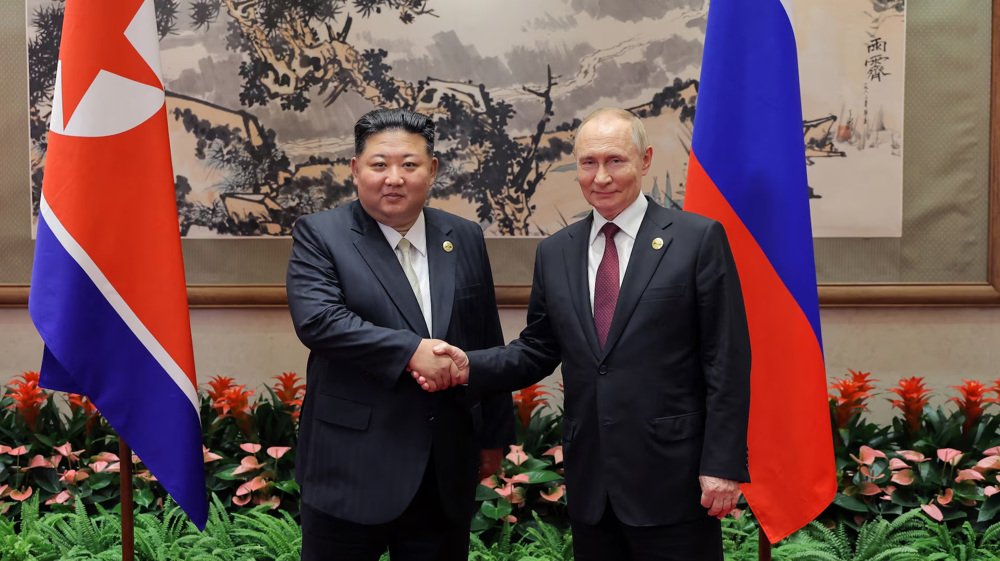




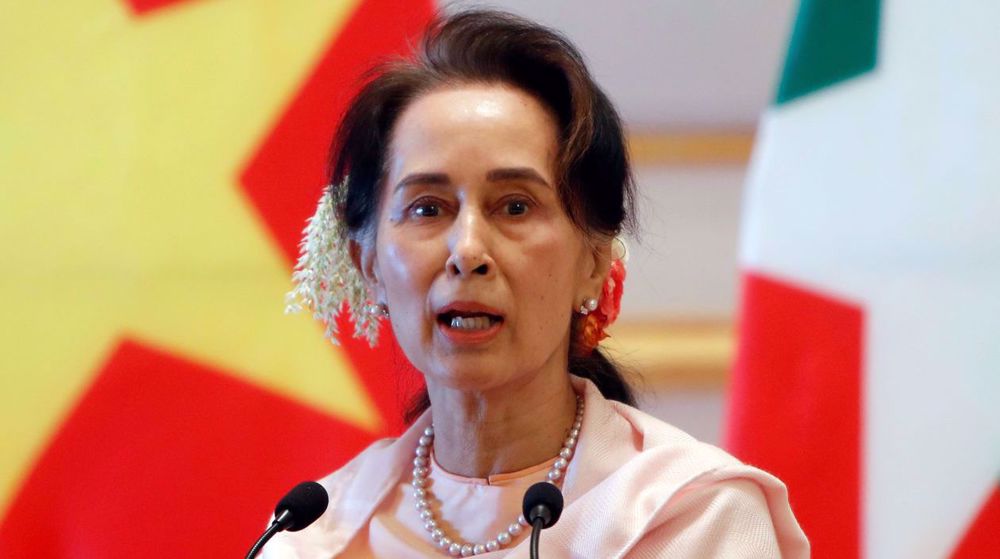
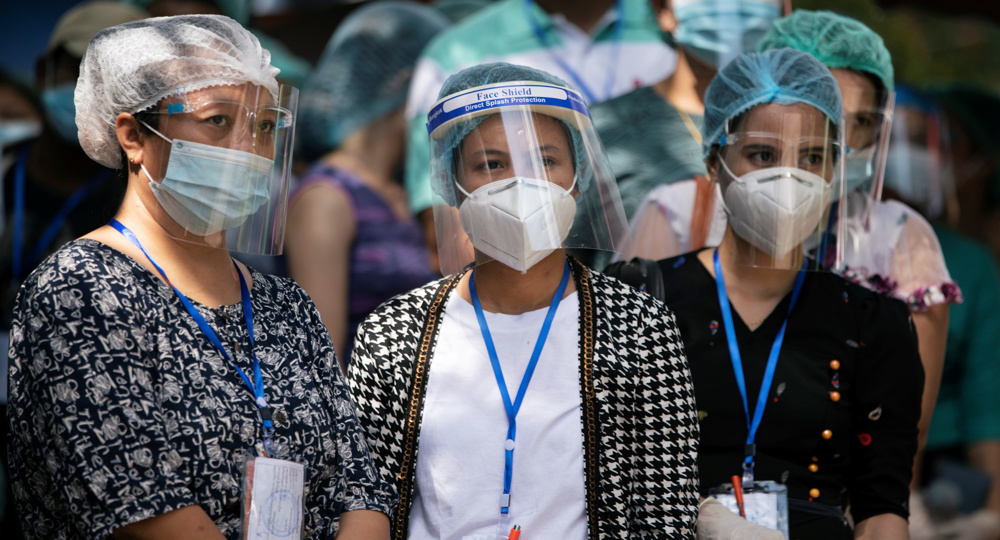

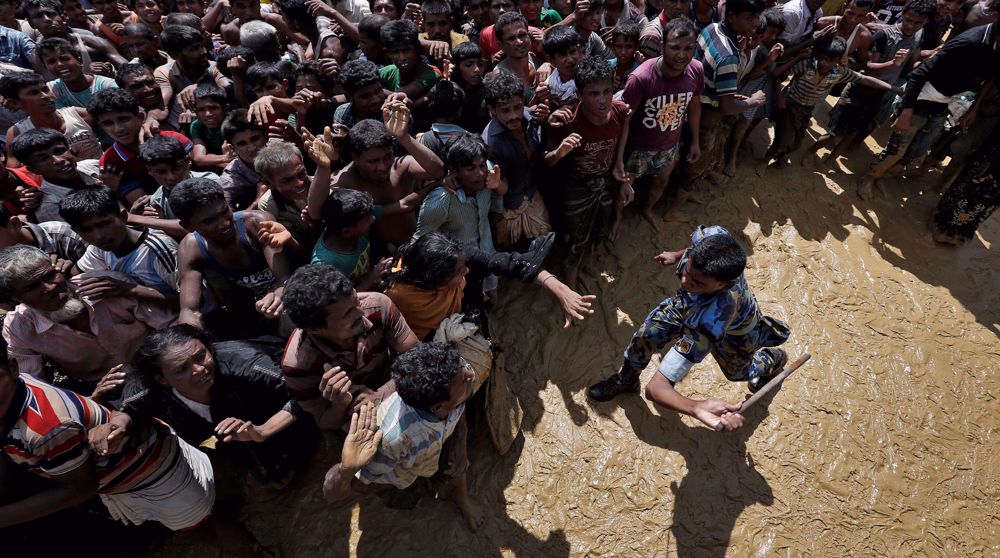
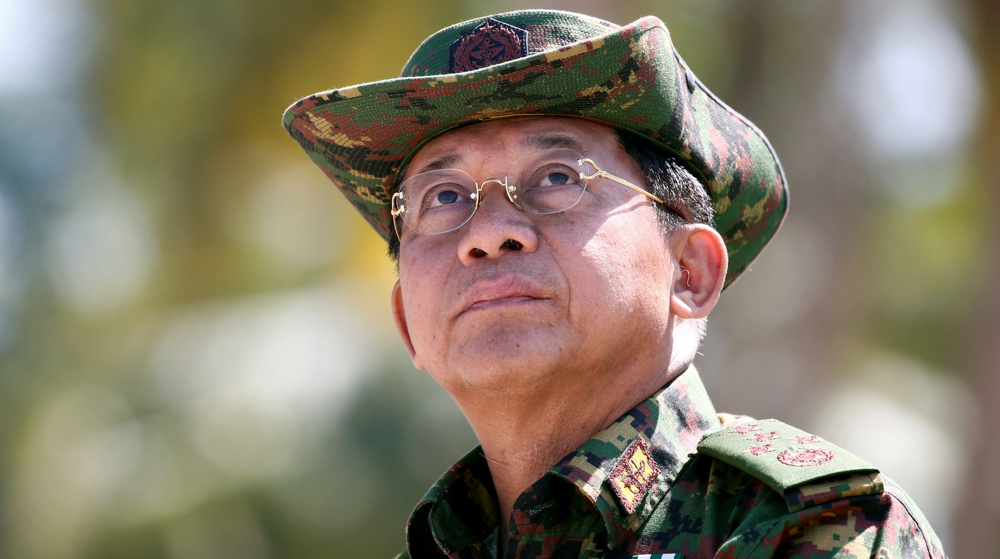
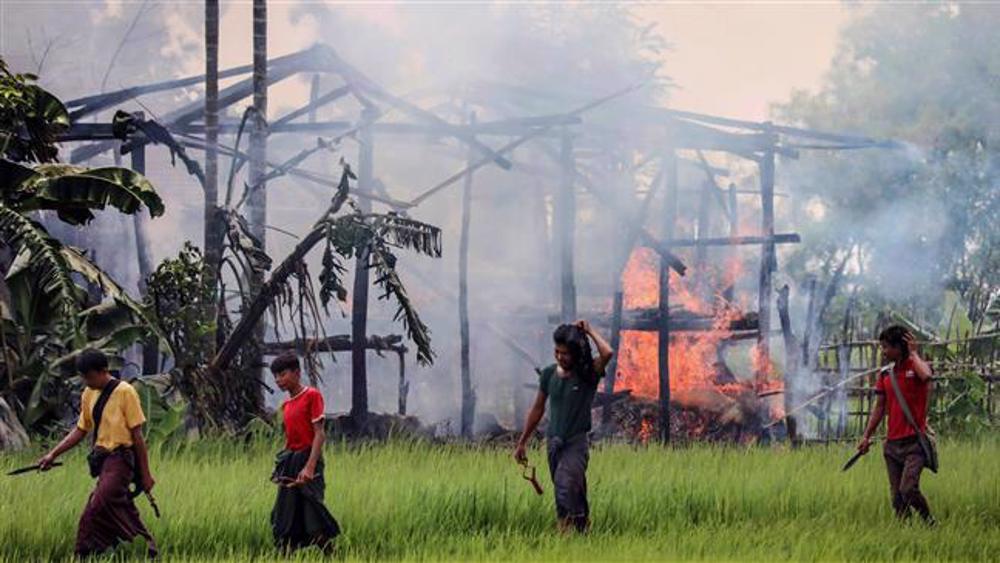

 This makes it easy to access the Press TV website
This makes it easy to access the Press TV website